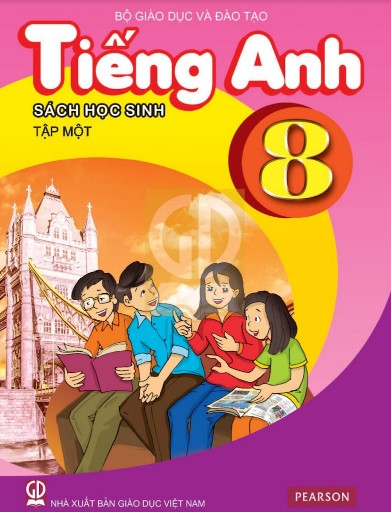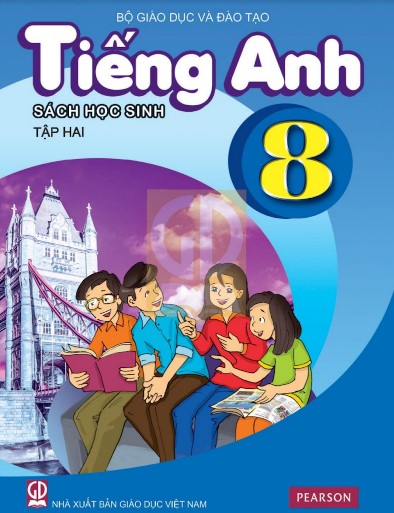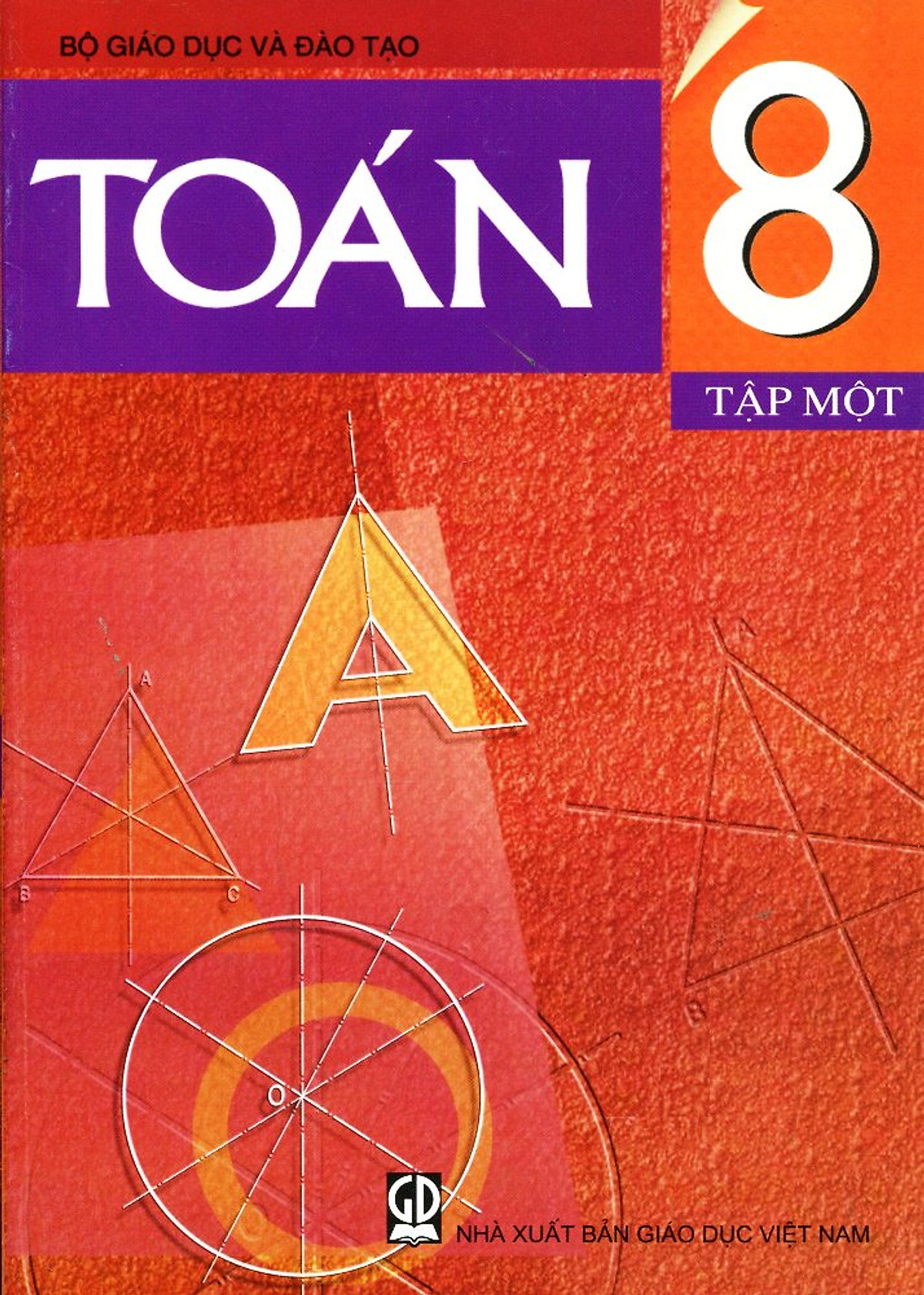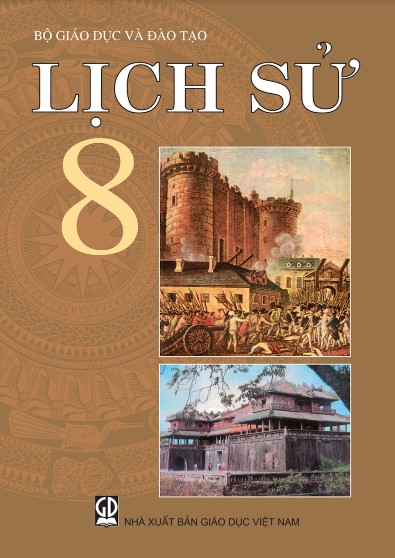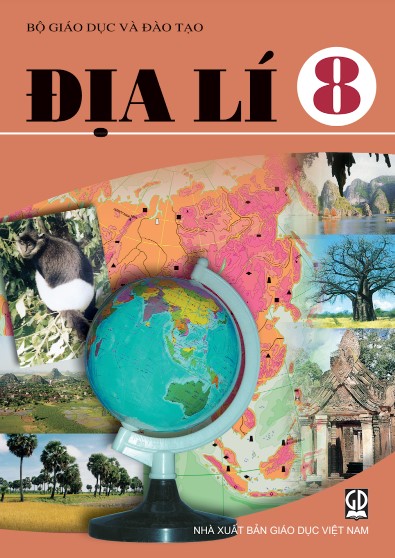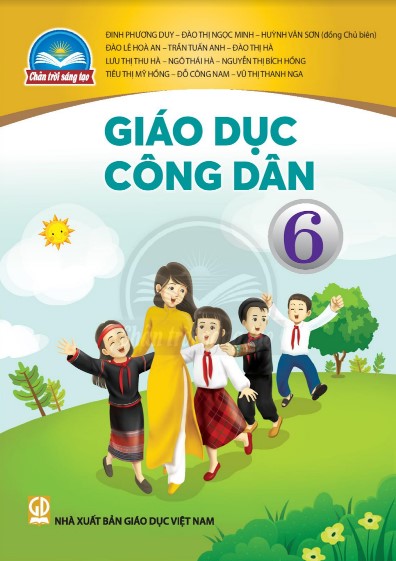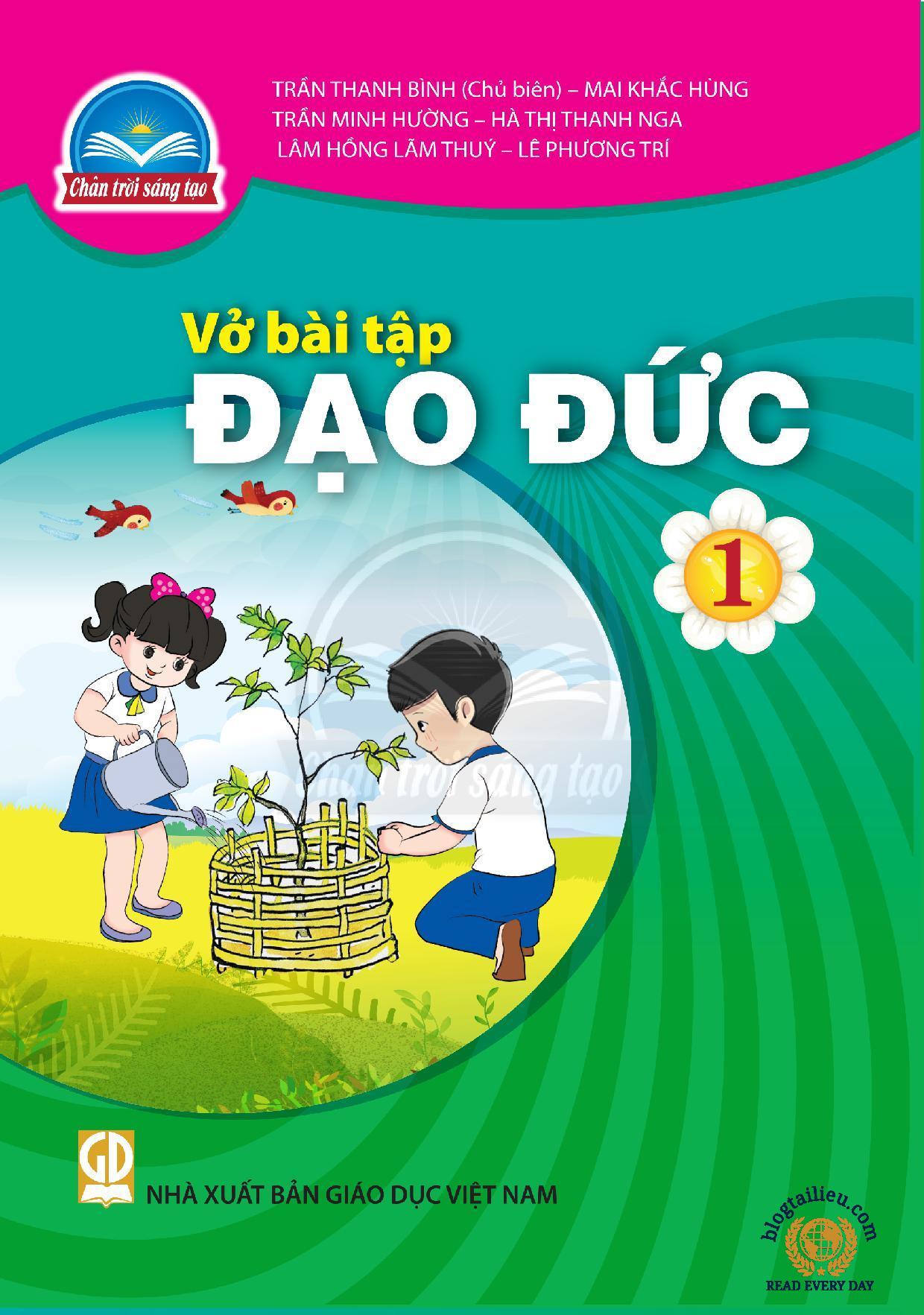(Page 96)
👉COMMUNICATION
Everyday English
Giving and responding to bad news
1. Listen and read the dialogue below. Pay attention to the highlighted sentences. 🎧
Mark: Phong, why are you so sad?
Phong: My grandparents called this morning. A flood destroyed their house.
Mark: I'm sorry to hear that.
Phong: It also damaged all of their crops.
Mark: That's awful. I hope your grandparents are safe.
2. Work in pairs. Practise giving and responding to bad news in the following situations.
- You have a friend in a mountainous area. A landslide destroyed his family's garden yesterday. You share this news with your classmate.
- You hear that a big earthquake hit a city. You share this news with your classmate.
Knowledge of natural
3. Read the short passages below. Decide which natural disaster each person below is talking about.
 We were travelling on the road near a mountain. Suddenly a lot of rocks and mud came down the mountain.
We were travelling on the road near a mountain. Suddenly a lot of rocks and mud came down the mountain.
 While I was working in the garden, I saw a big funnel of wind moving towards us very quickly.
While I was working in the garden, I saw a big funnel of wind moving towards us very quickly.
 Suddenly everything in our living room began to shake. My sister and I quickly hid under the table.
Suddenly everything in our living room began to shake. My sister and I quickly hid under the table.
(Page 97)
4. Choose the correct answer to each question to see how much you know about natural disasters.
QUESTIONNAIRE
Question 1: Which of these may cause landslides?
A. Heavy rain. B. Wind. C. Lightning.
Question 2: Which of these activities may cause landslides?
A. Littering.
B. Cutting down trees.
C. Polluting the air.
Question 3: What scale is used for measuring earthquakes?
A. Fahrenheit scale.
B. Celsius scale.
C. Richter scale.
Question 4: What natural disaster can an earthquake cause?
A. A flood. B. A landslide. C. A tornado.
Question 5: What do tornadoes form from?
A. An earthquake. B. A flood. C. A thunderstorm.
Question 6: Where do tornadoes mostly happen?
A. In the USA. B. In the UK. C. In Viet Nam.
5. Work in pairs. Compare your answers. Then check your answers with the key on page 101. How many points did each of you get?


